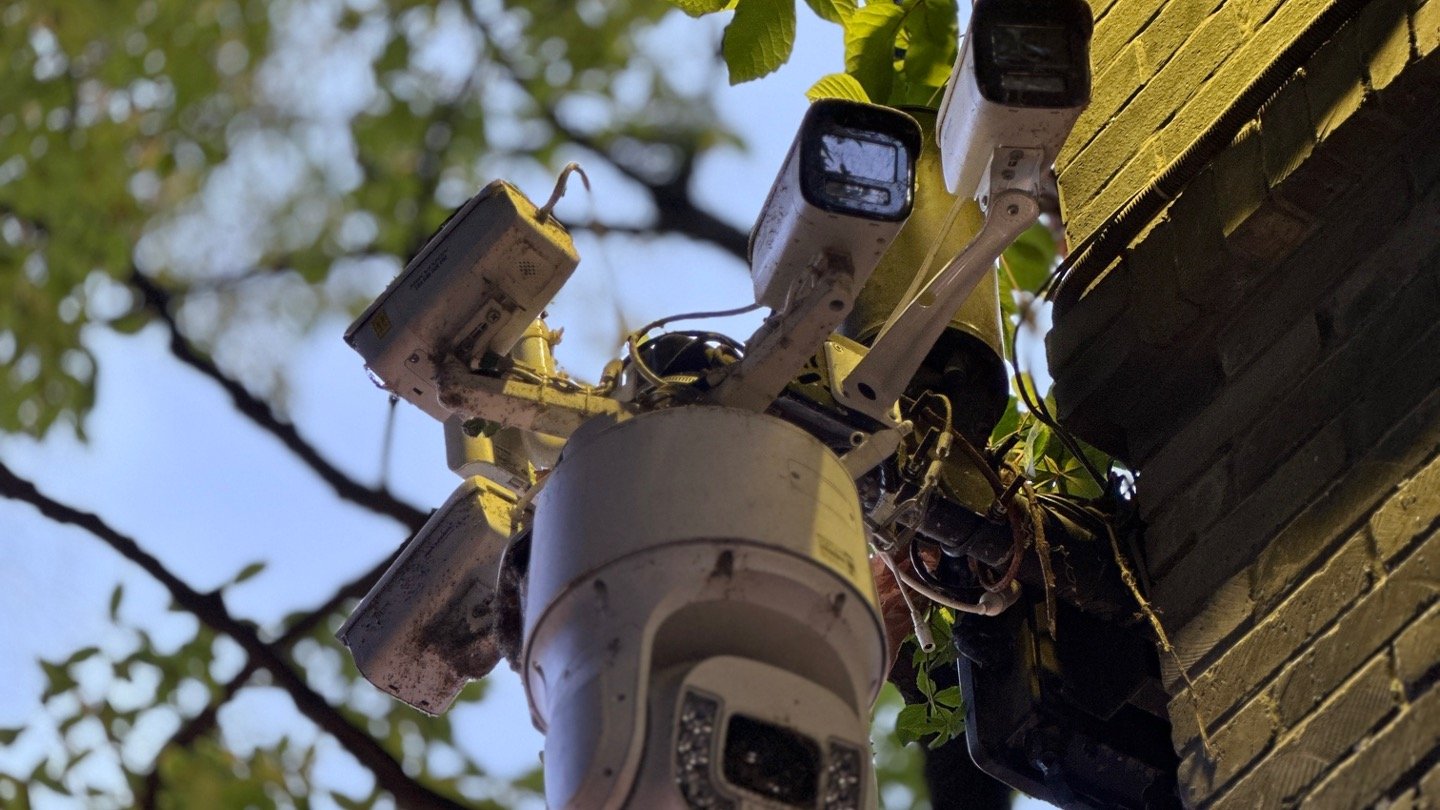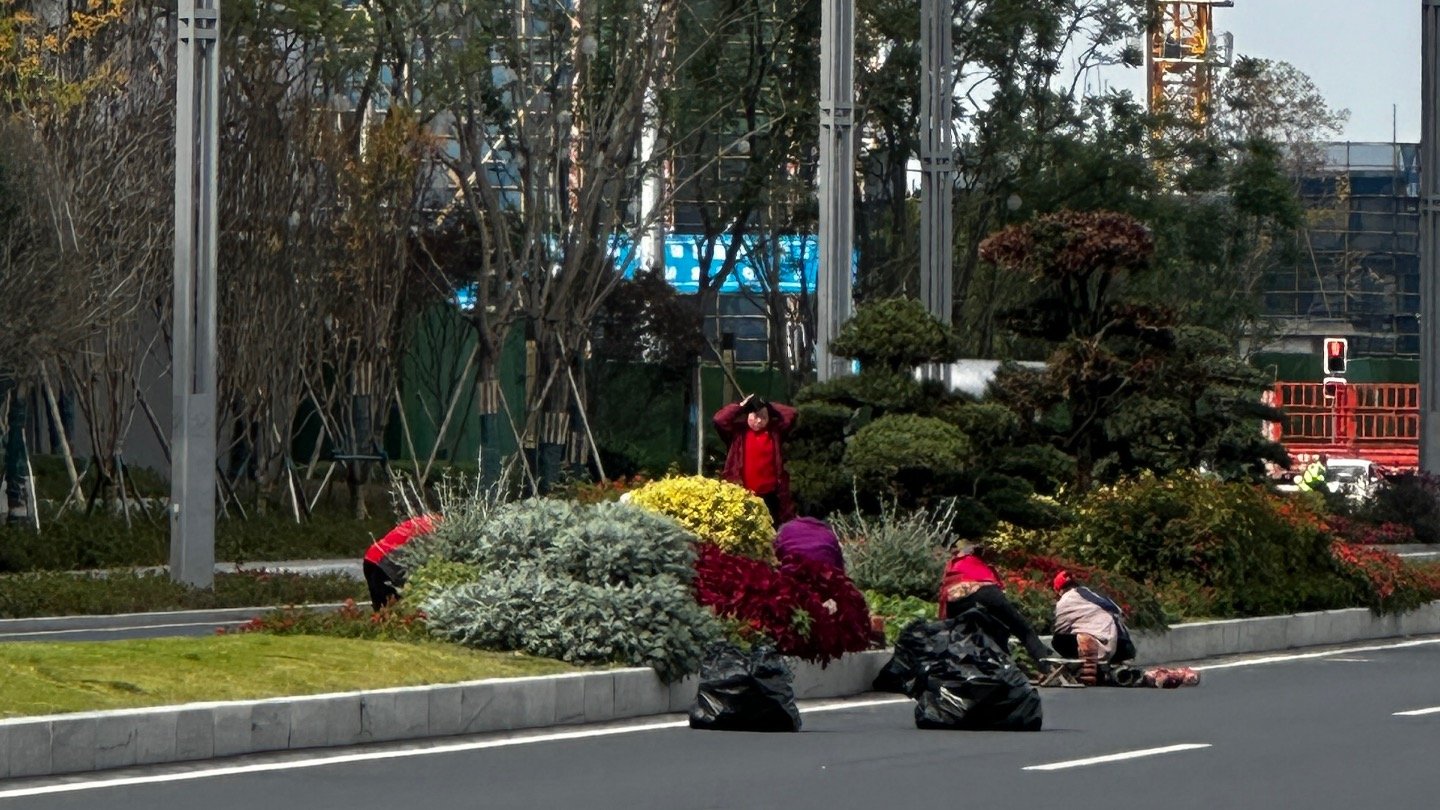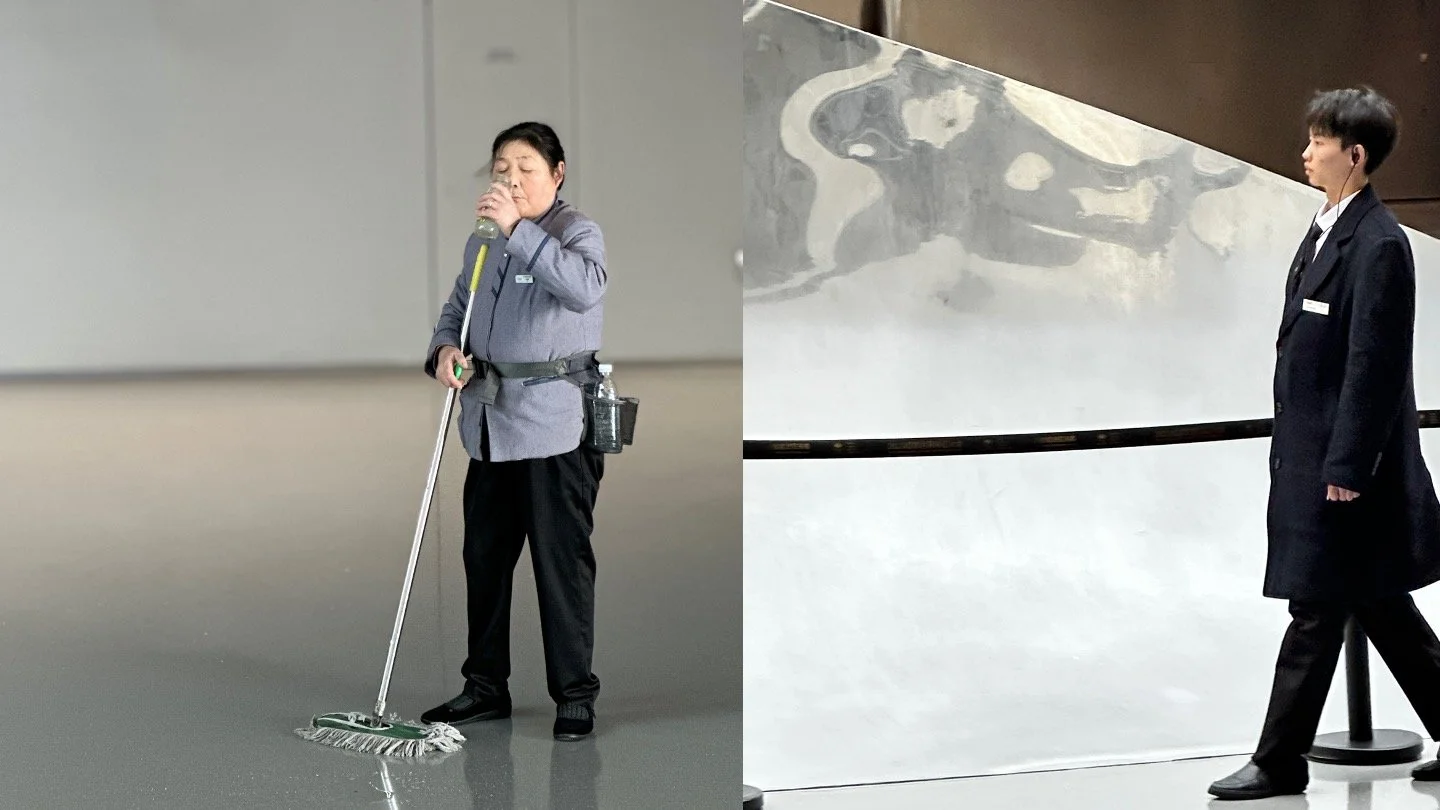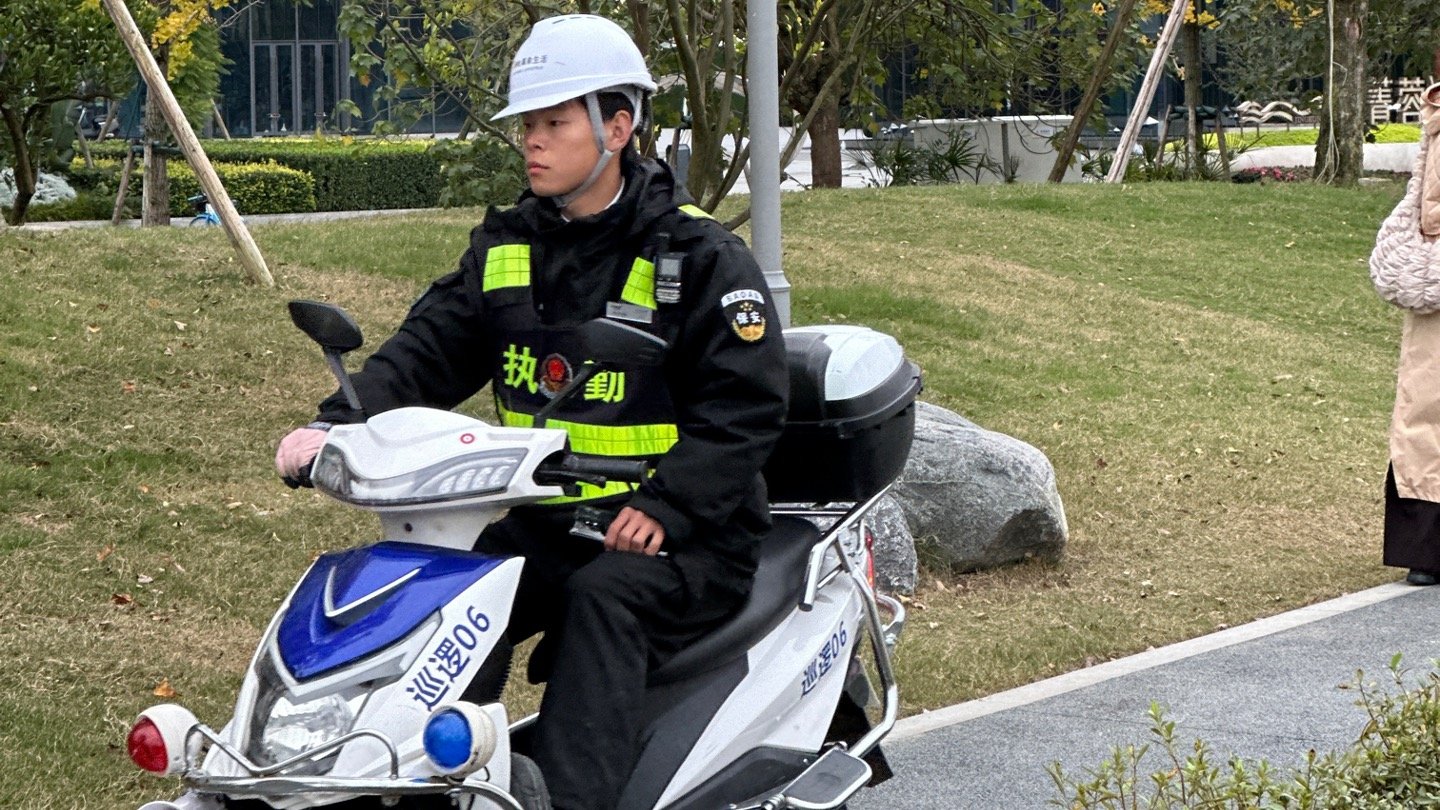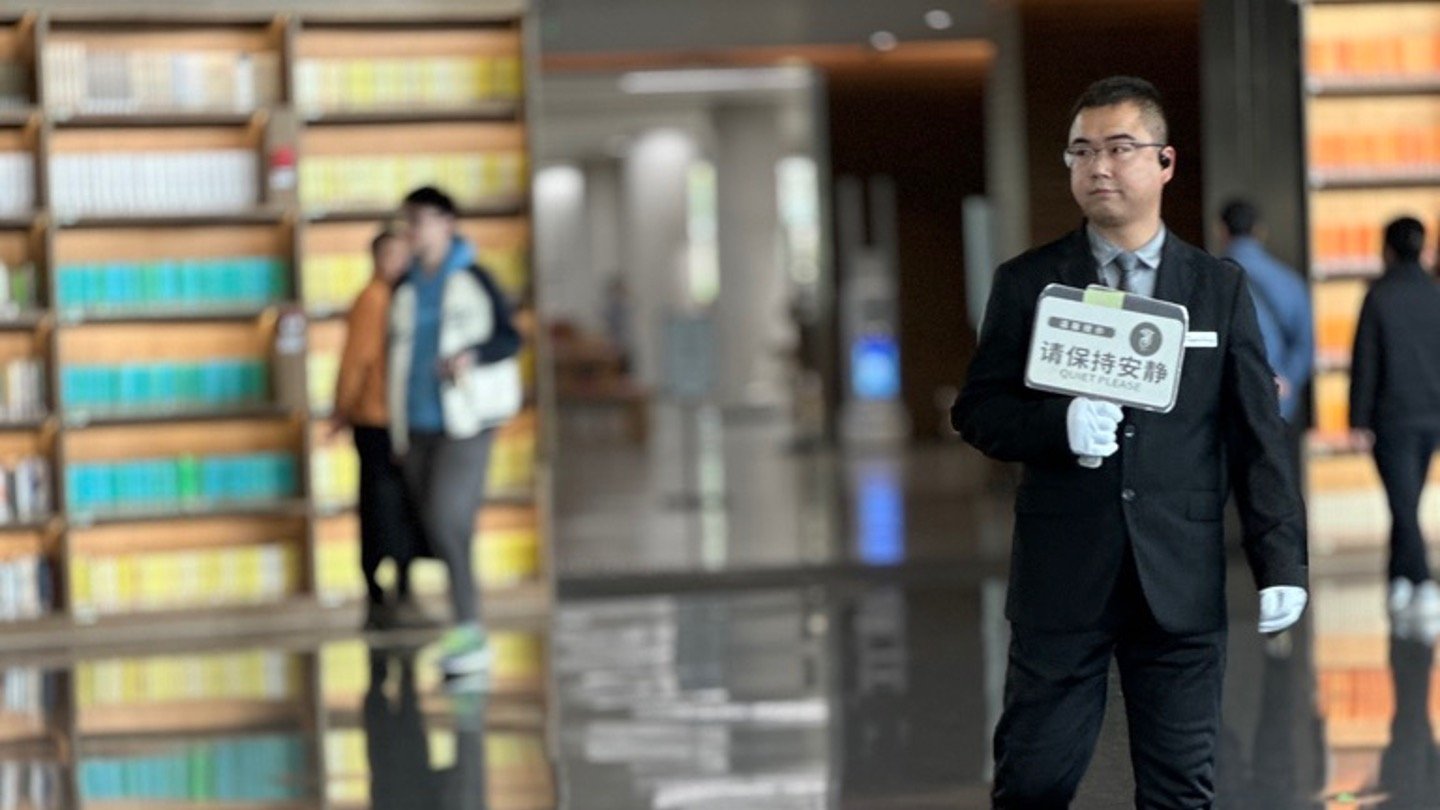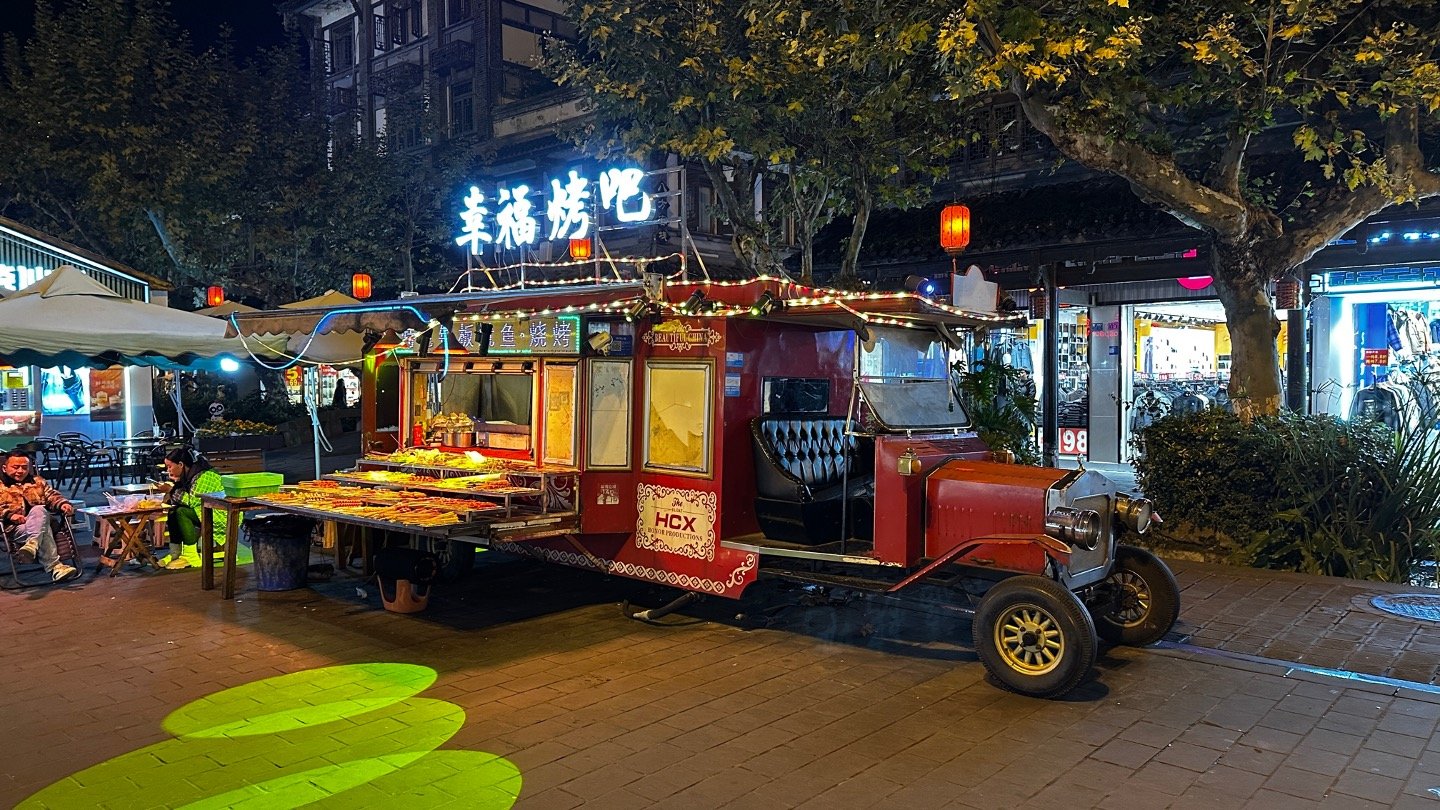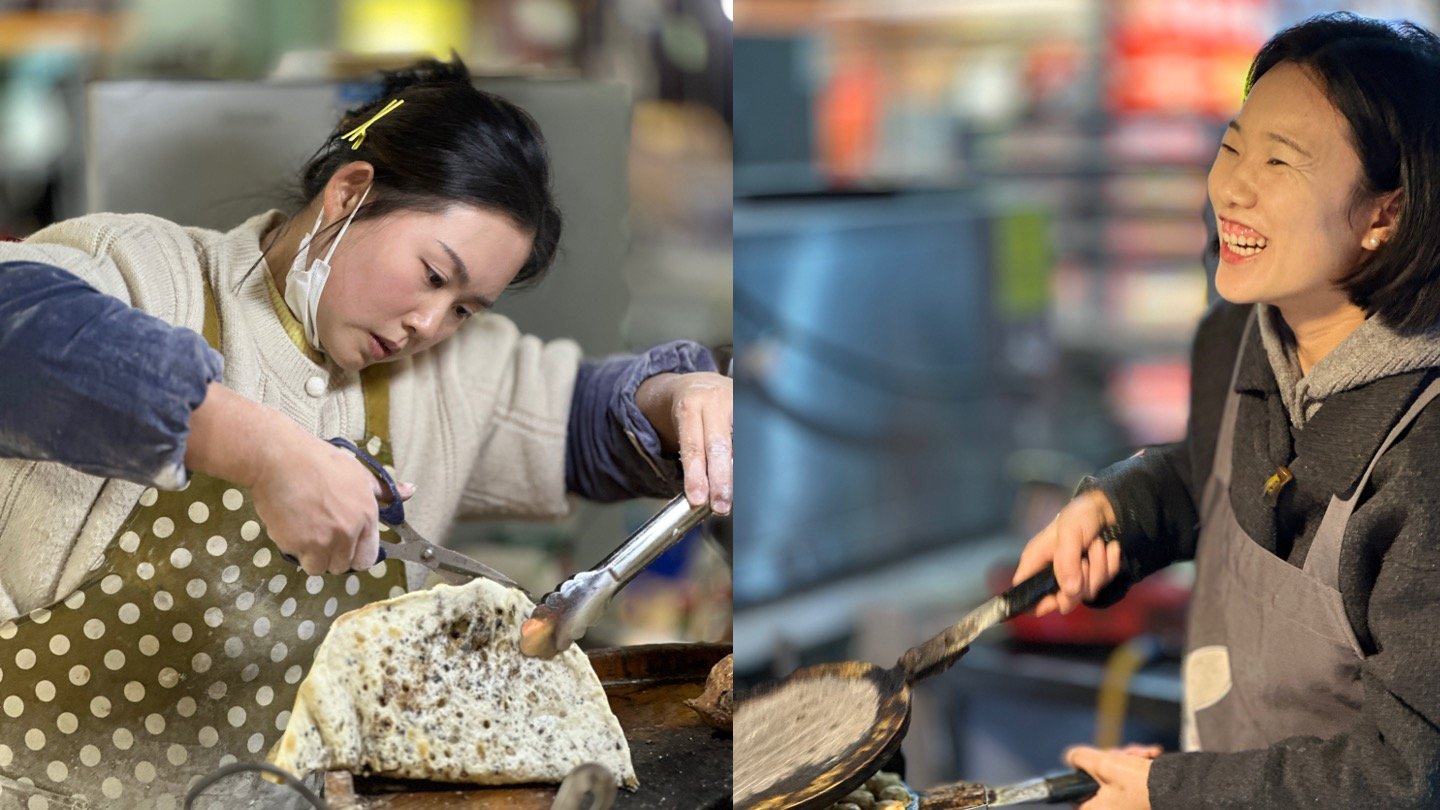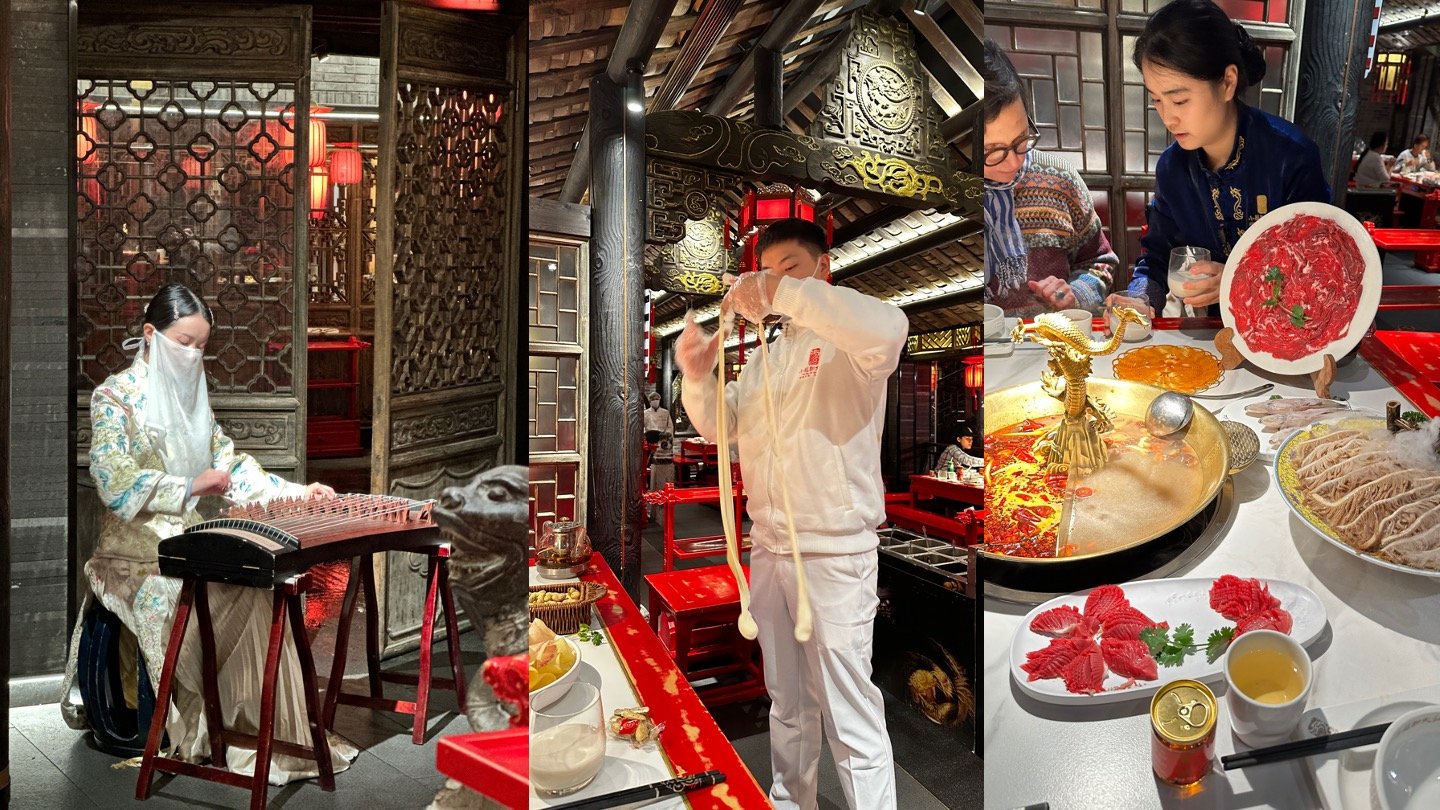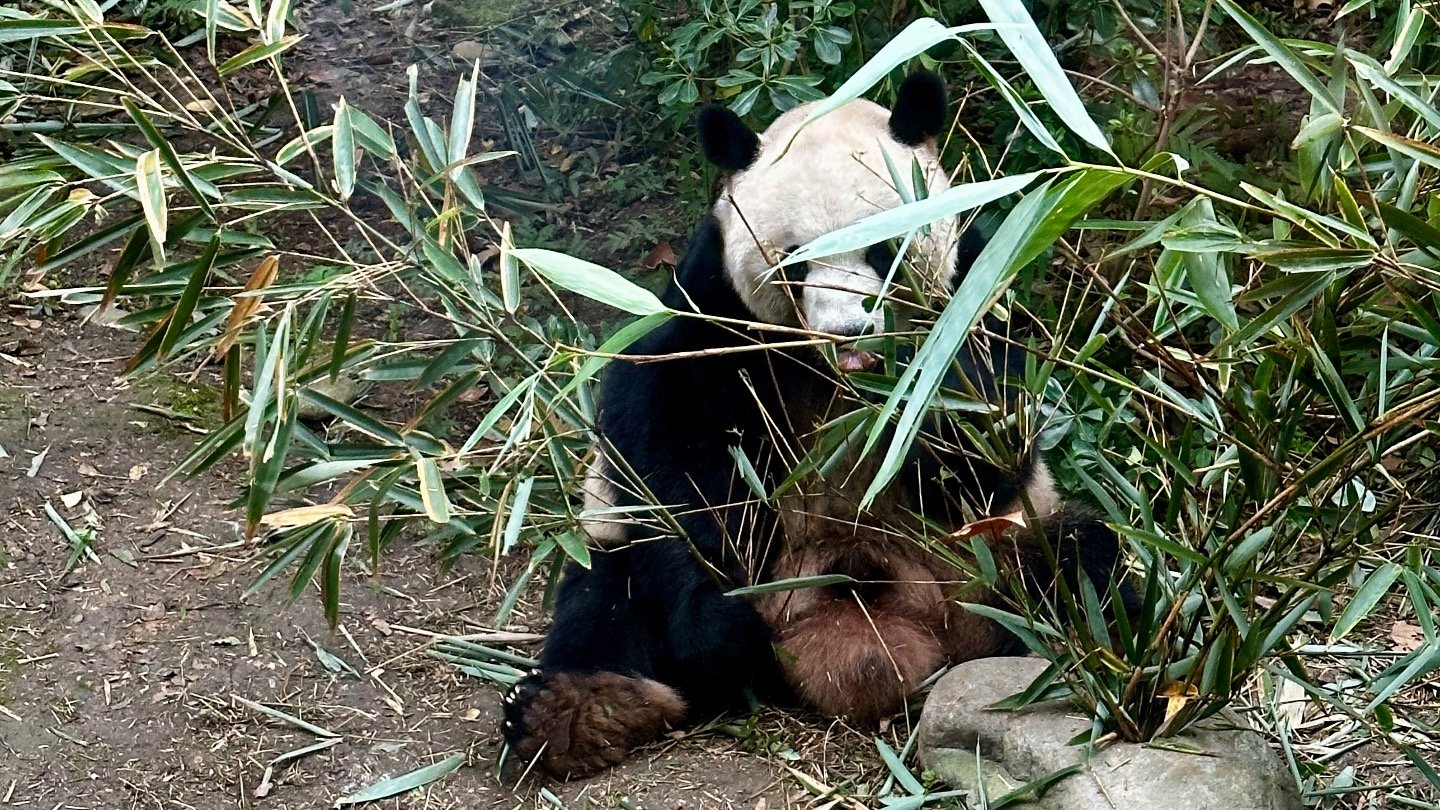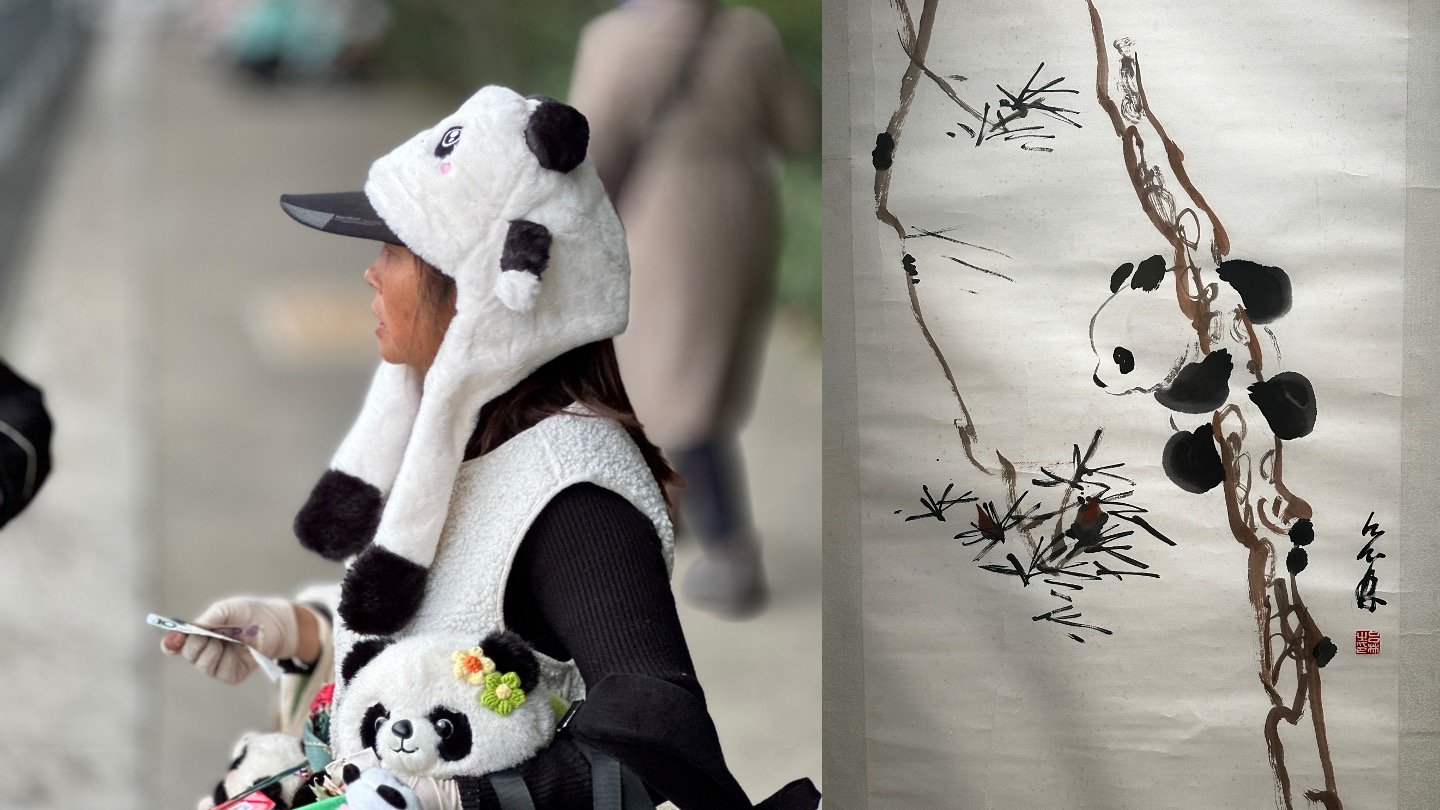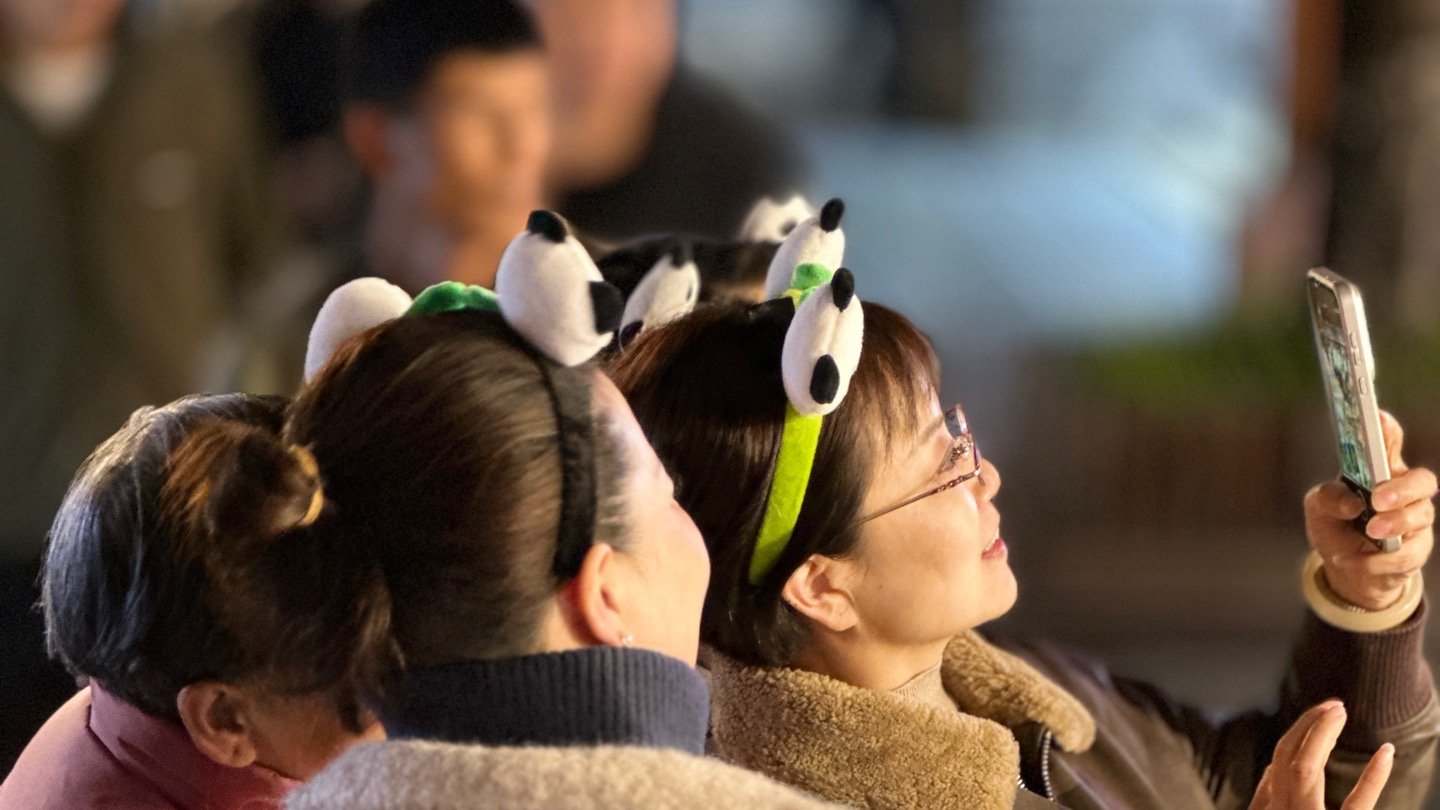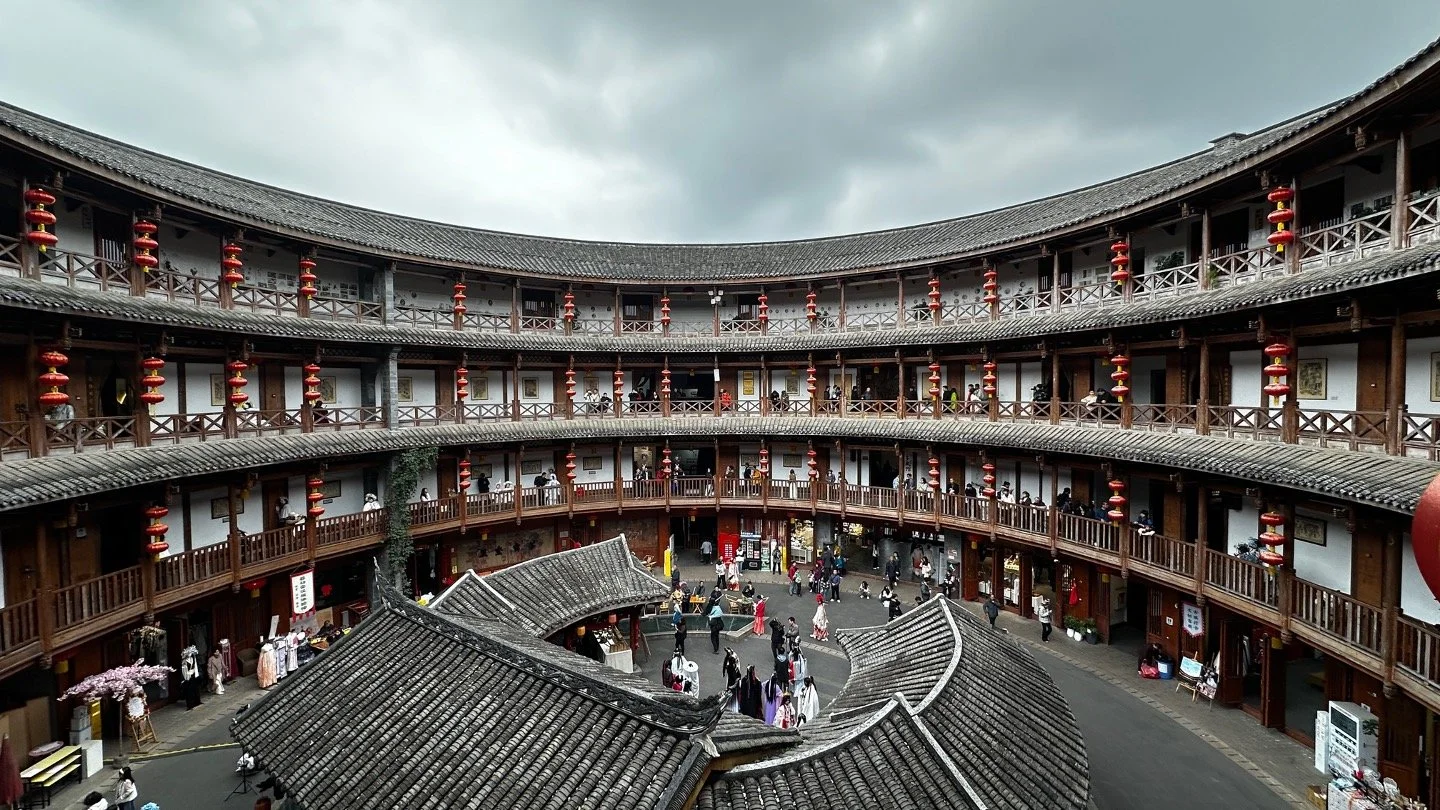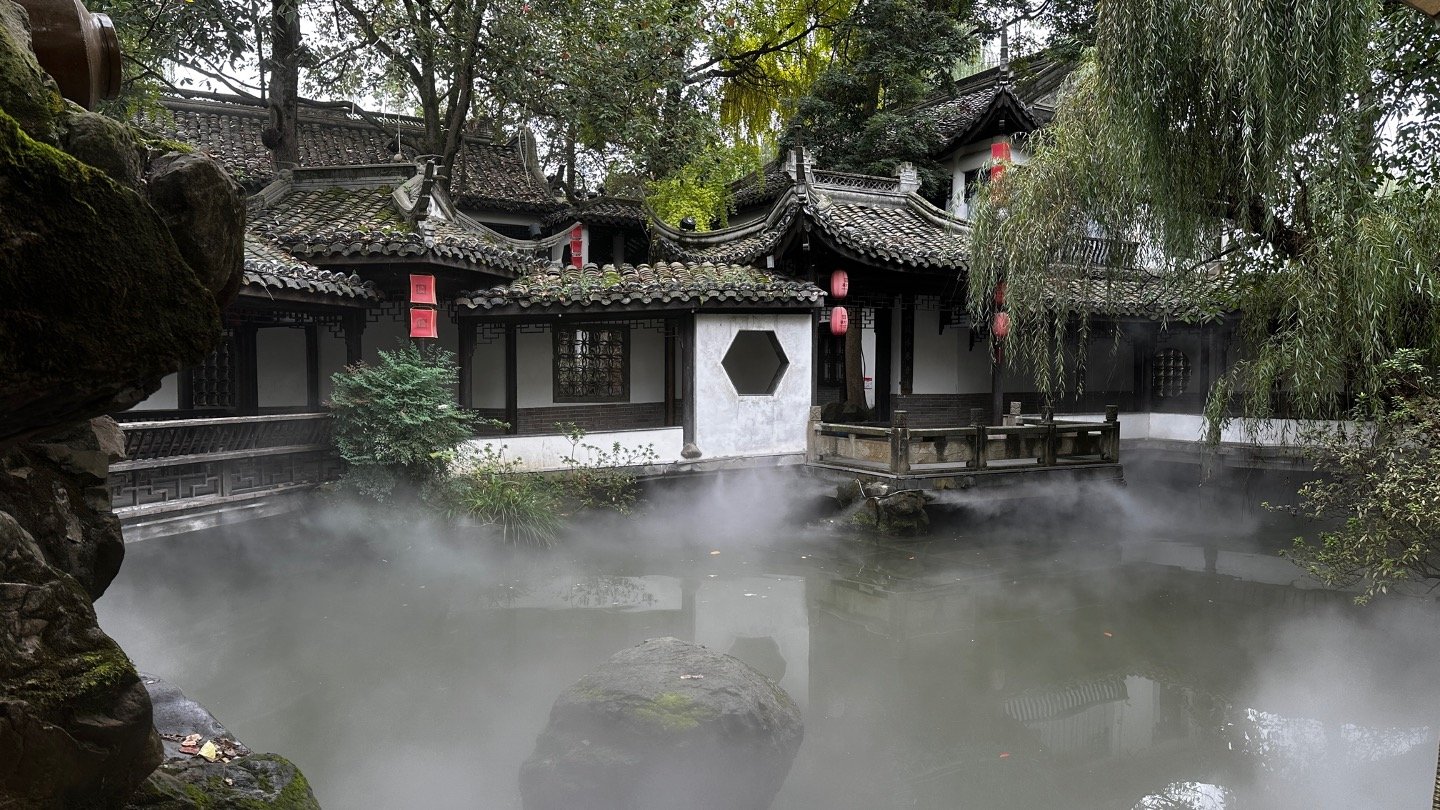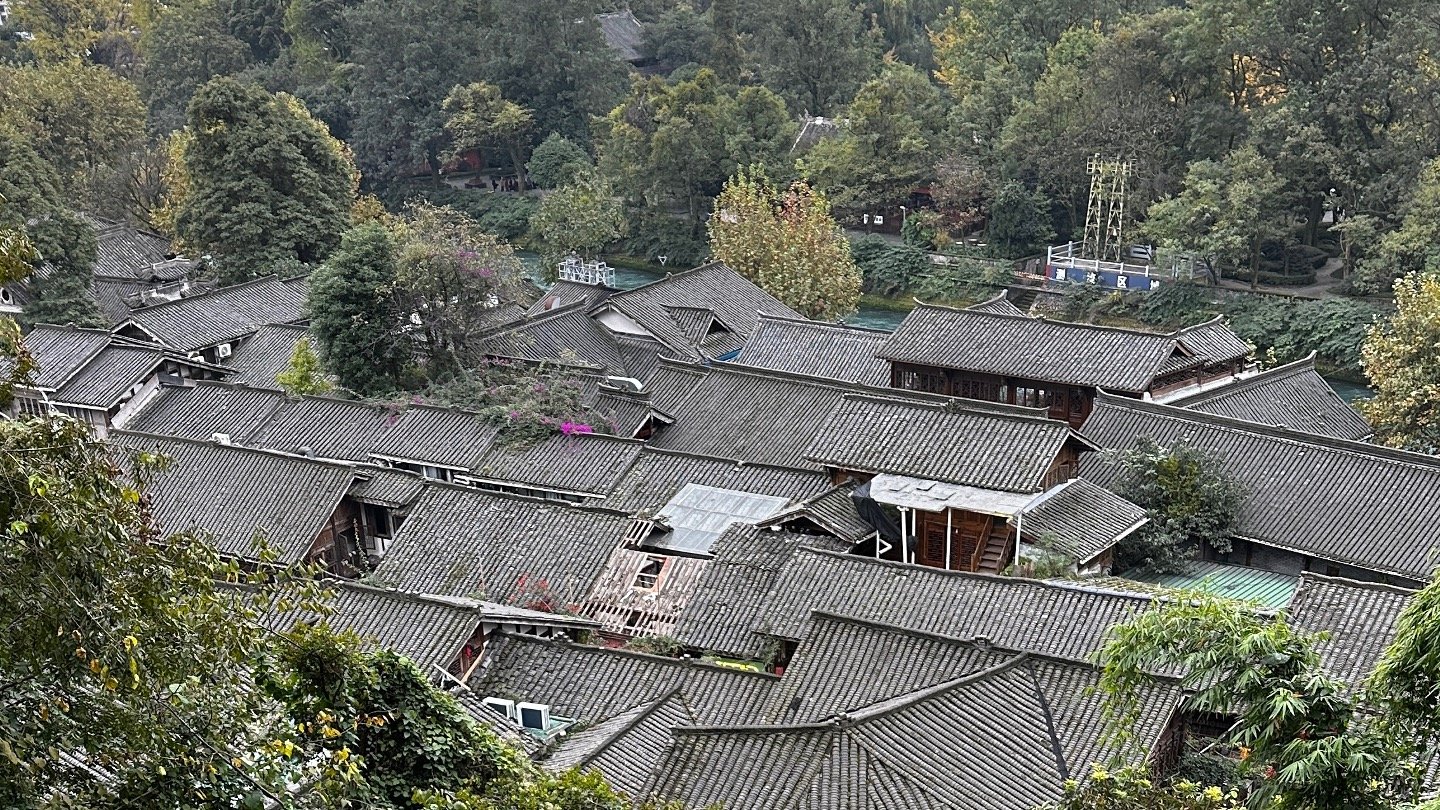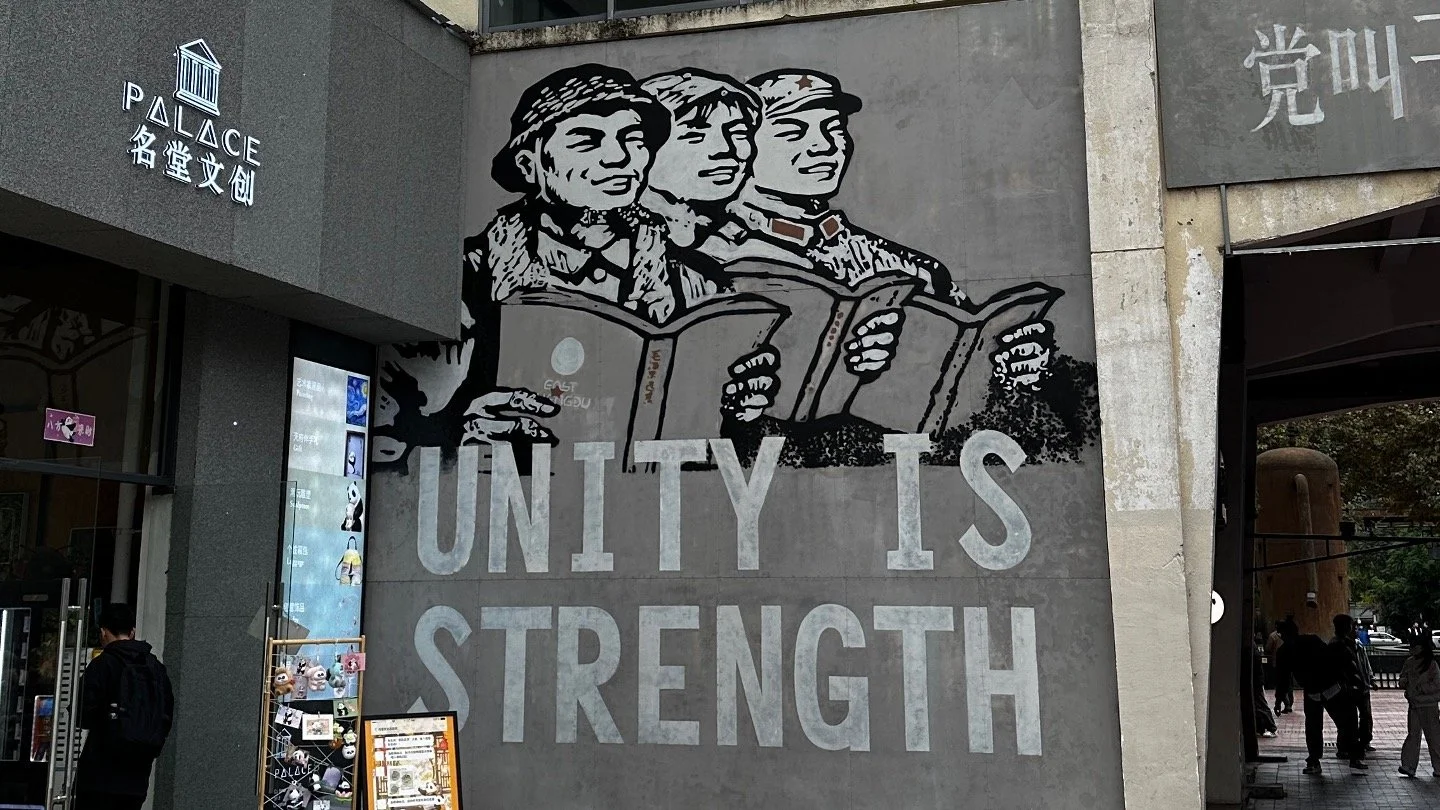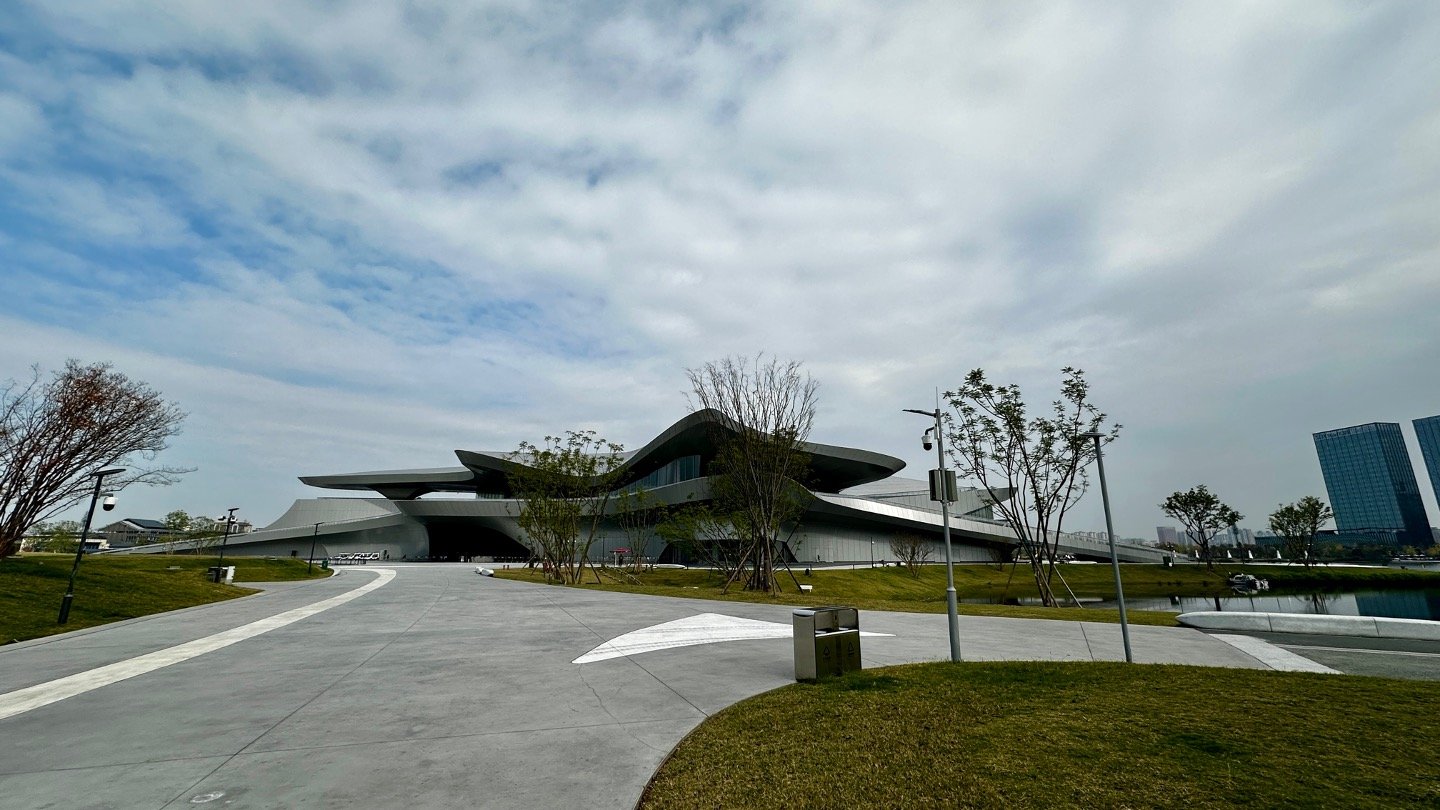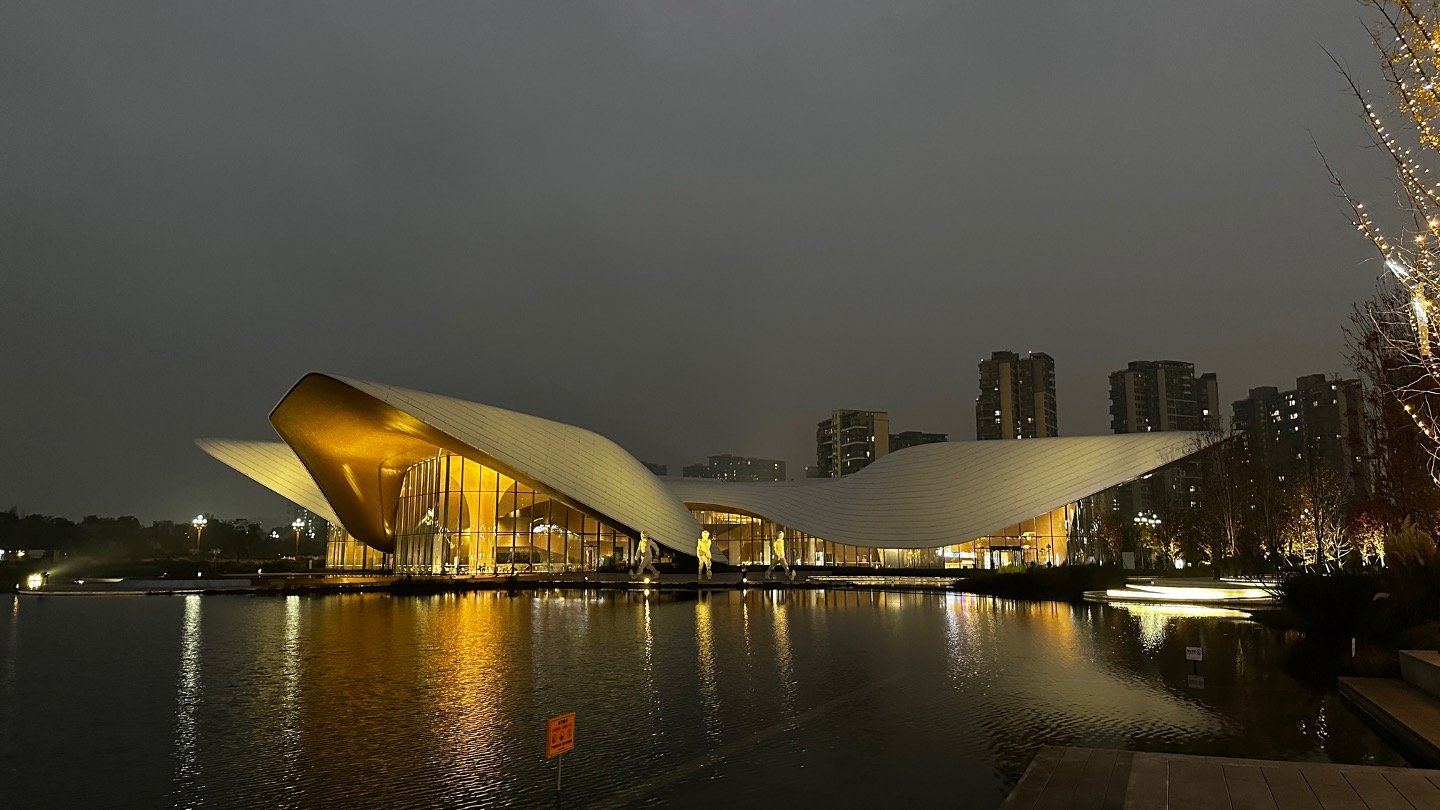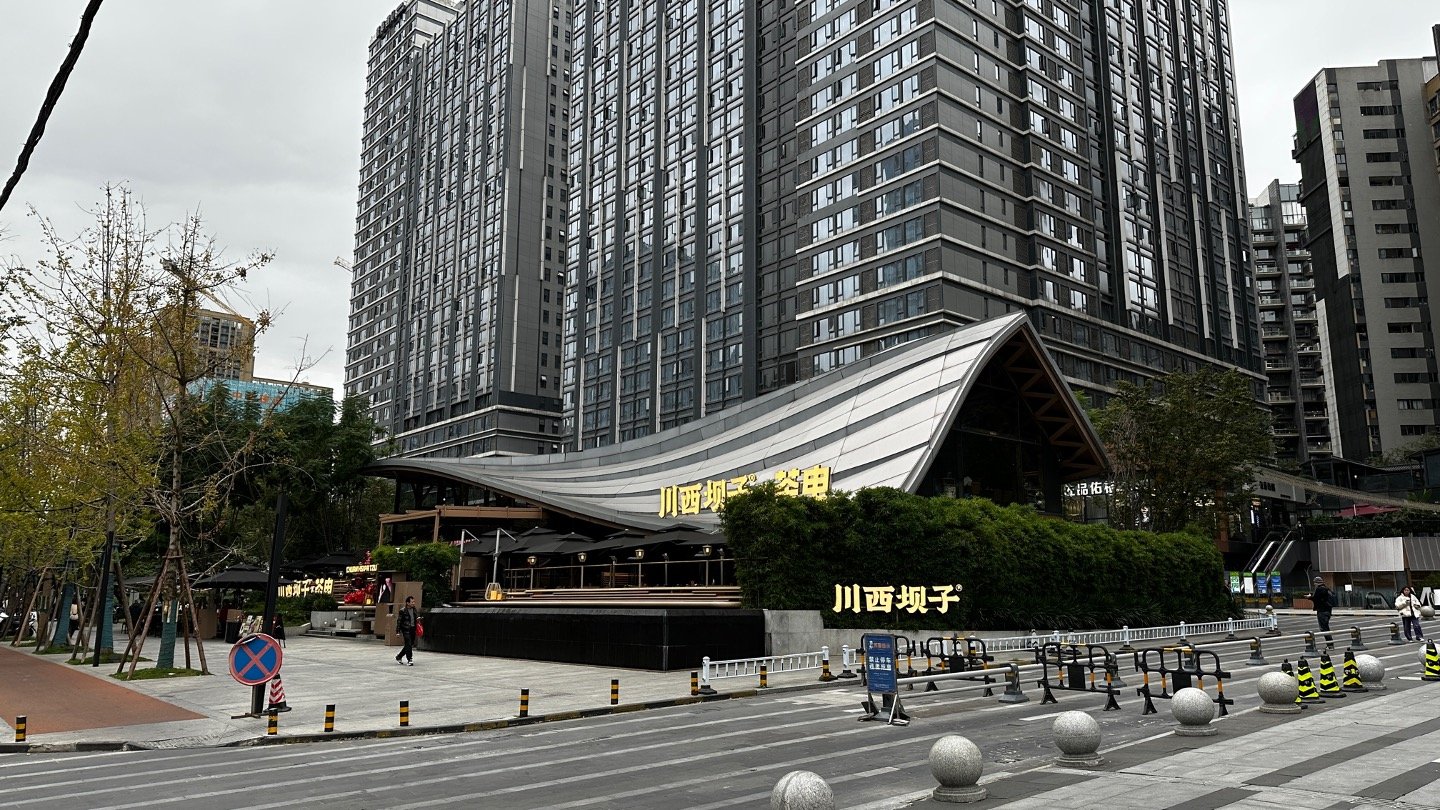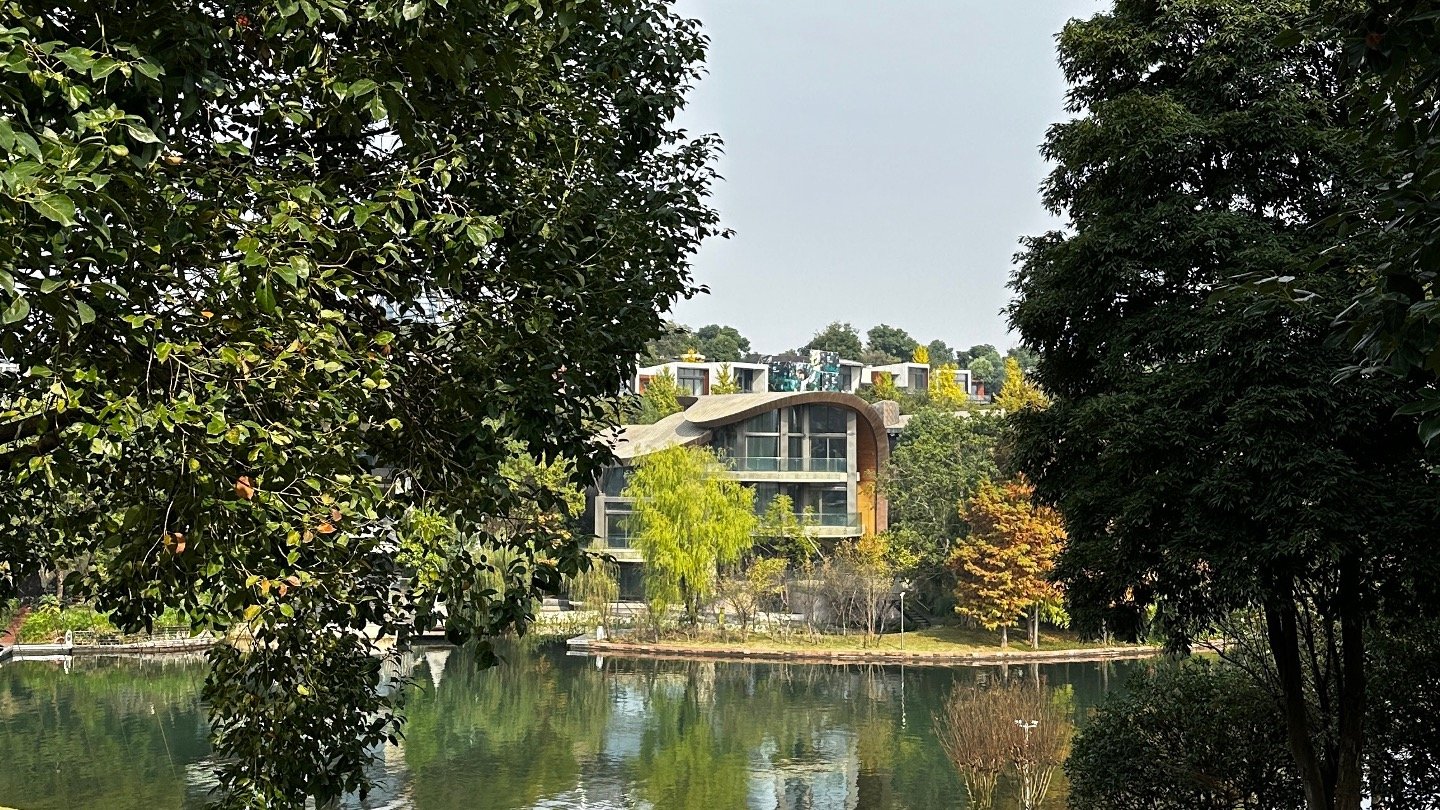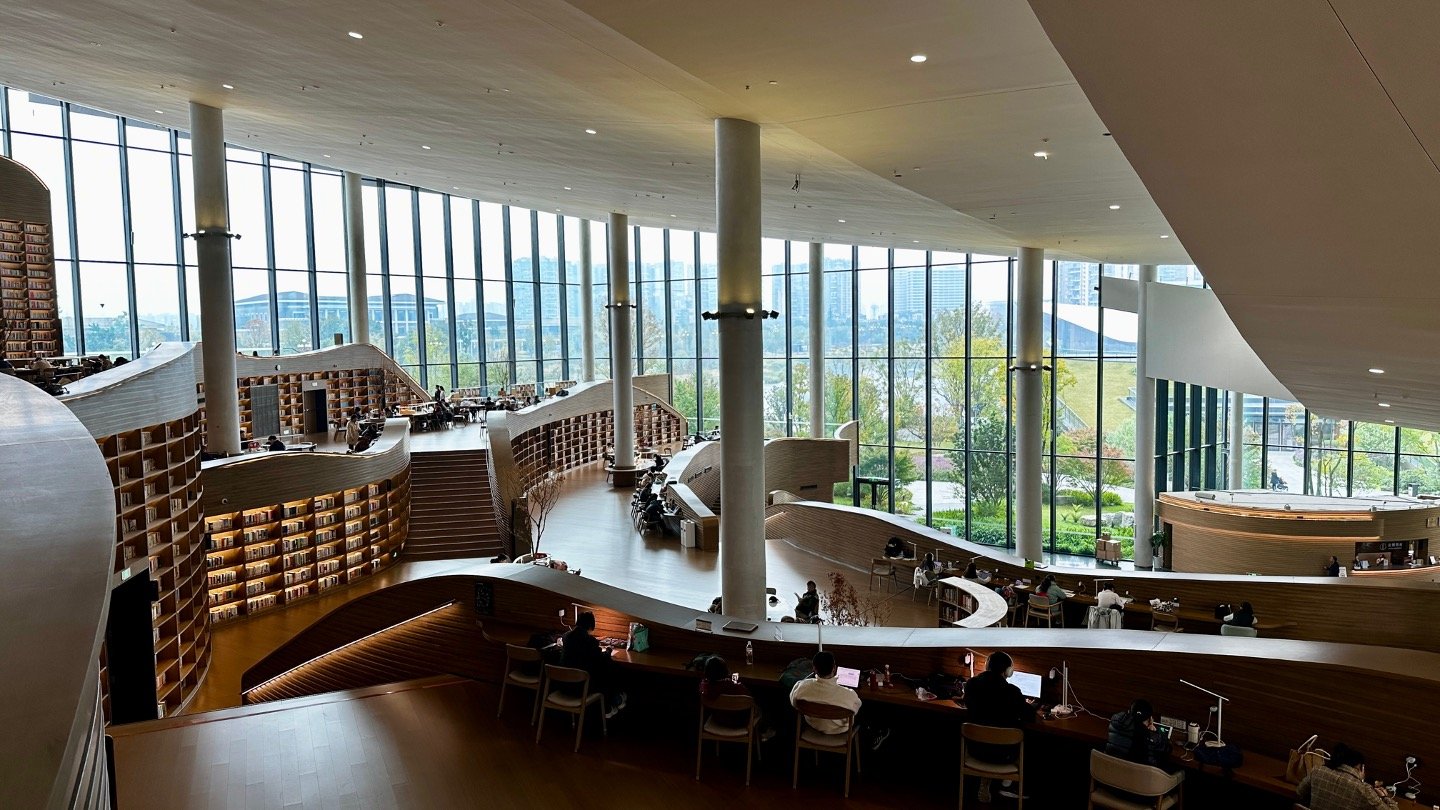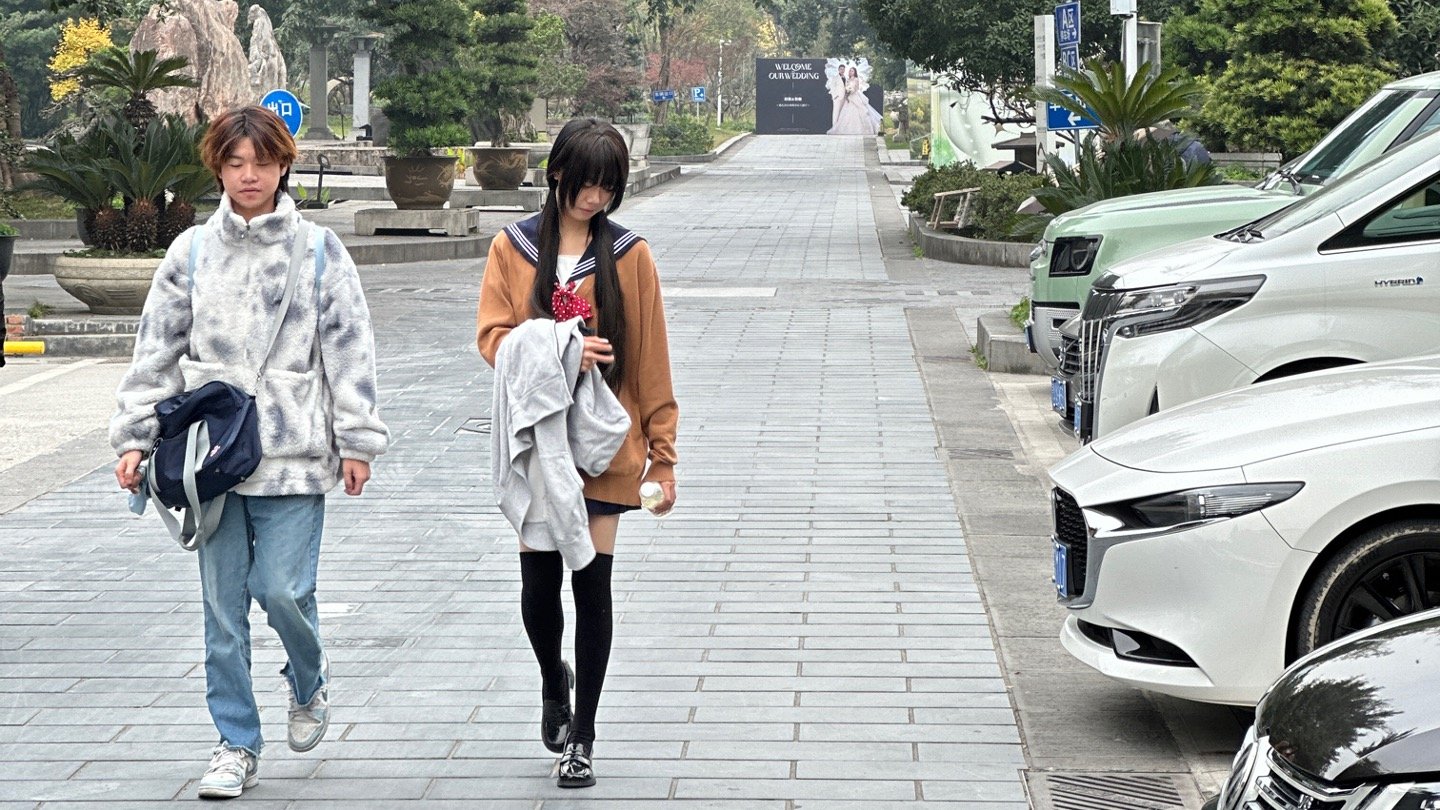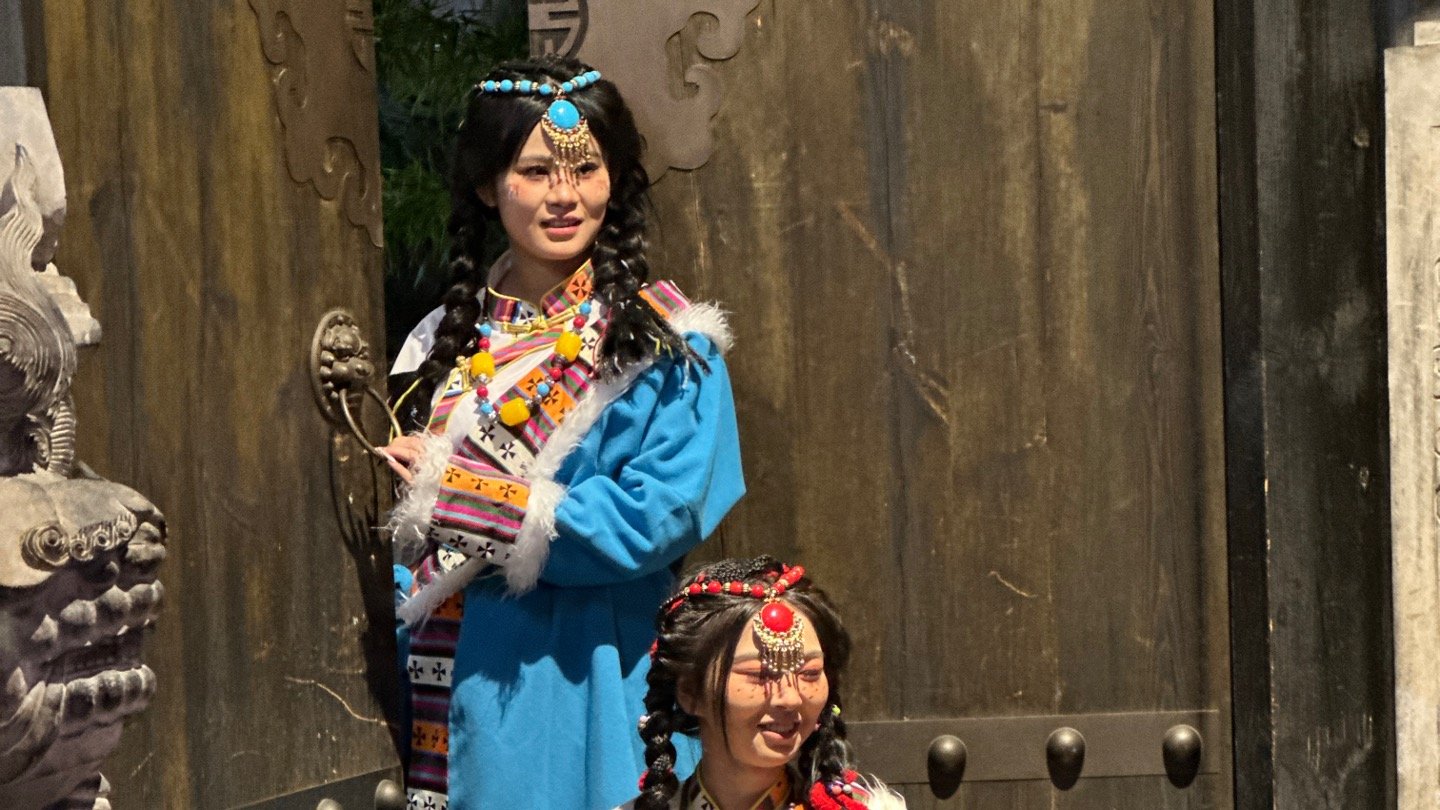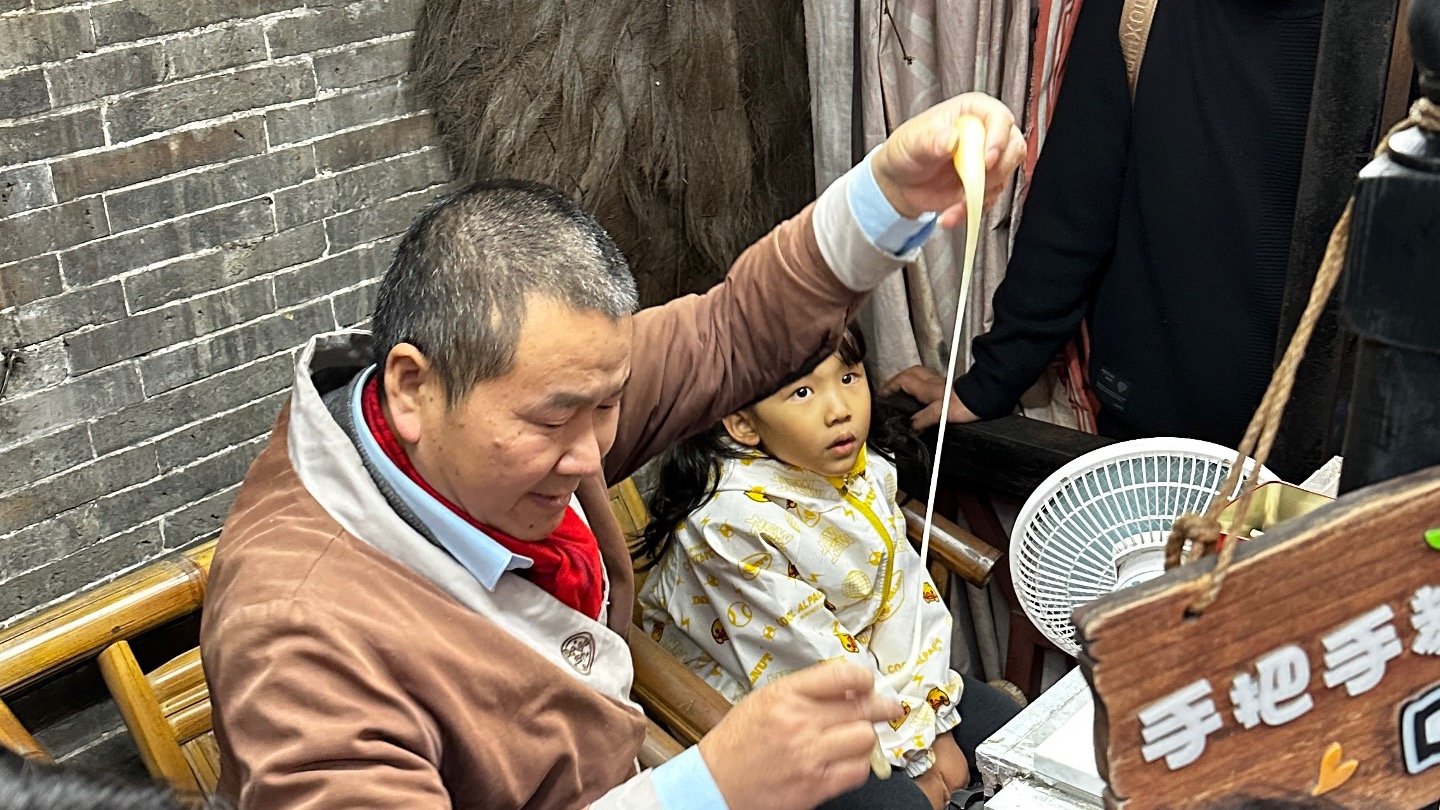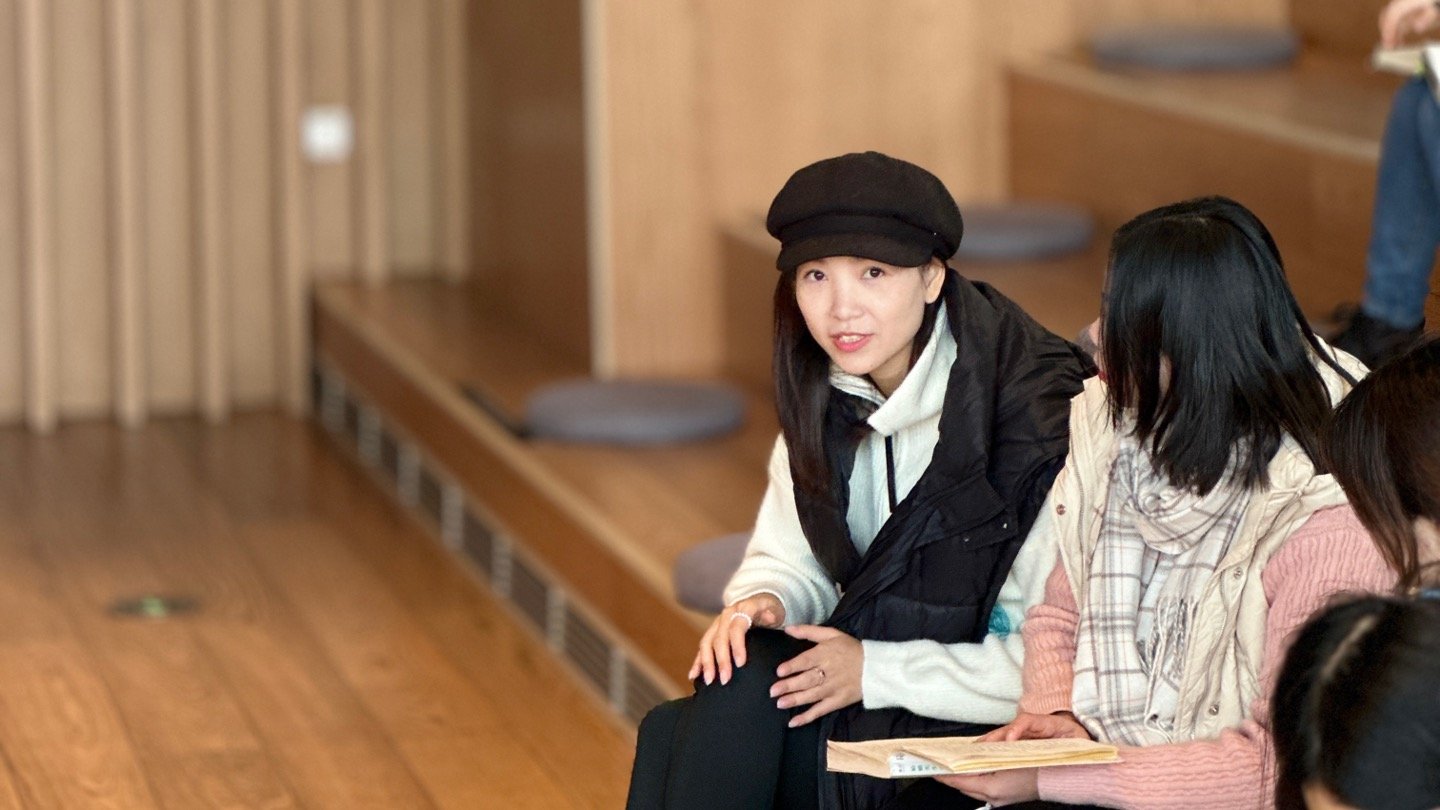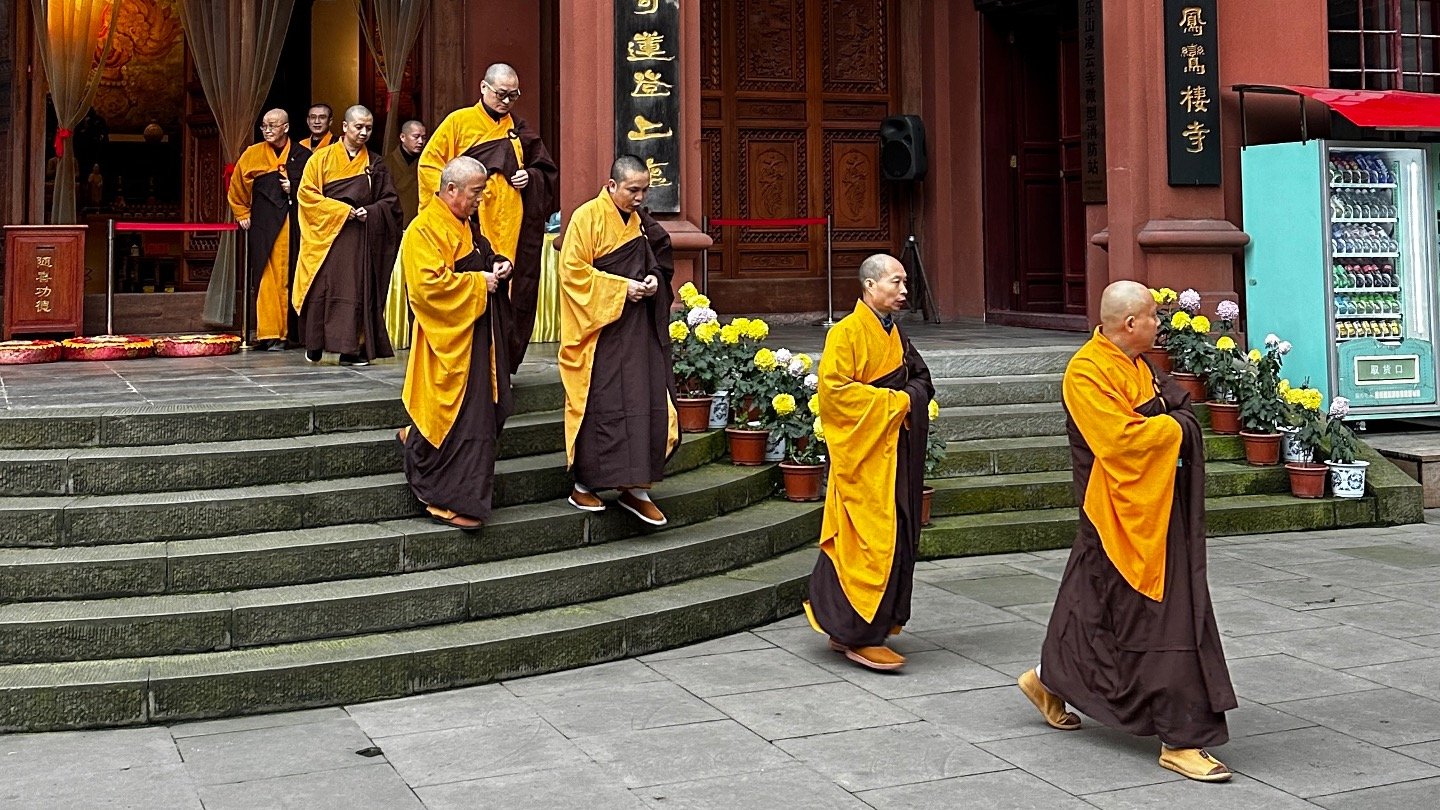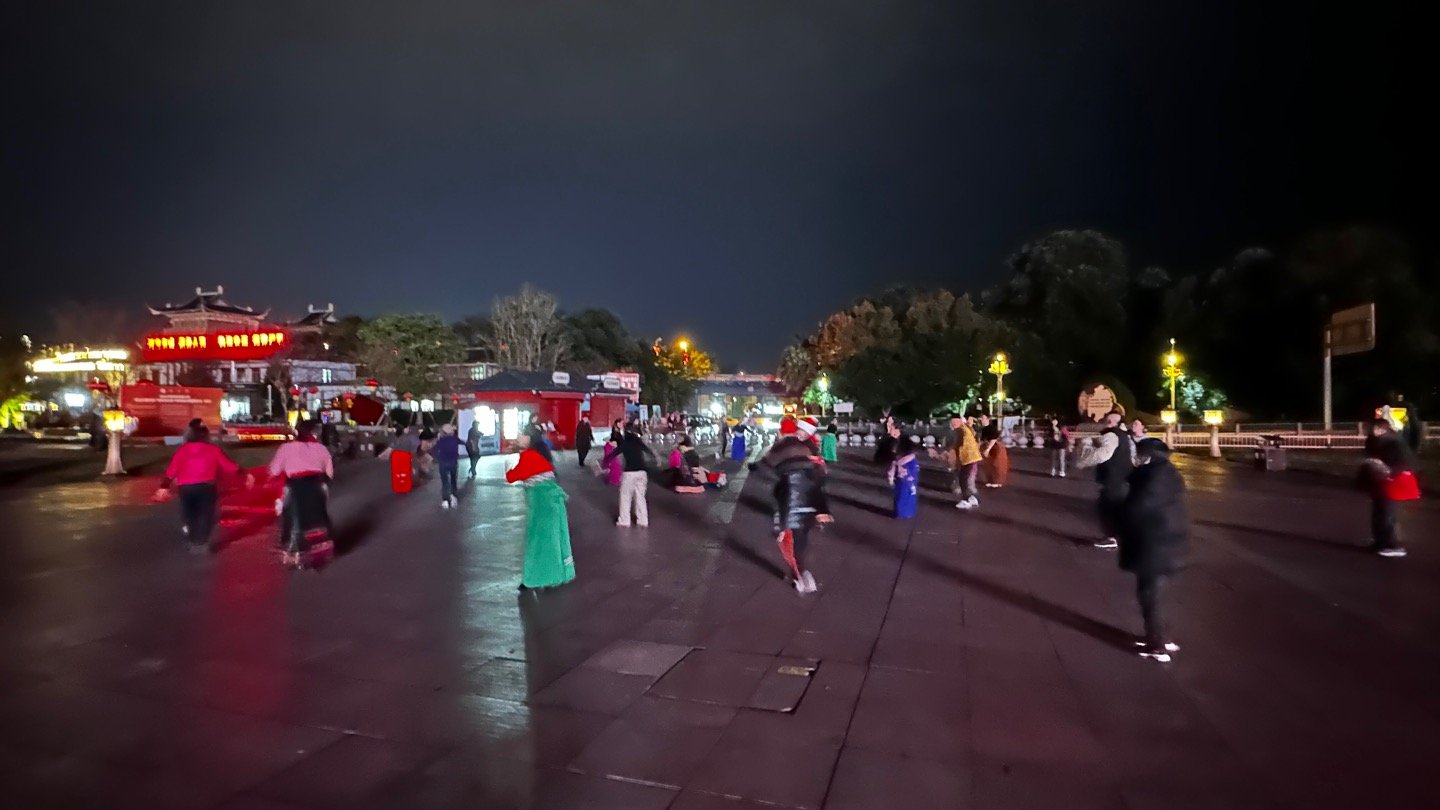Chengdu, China
Written by Matej Gašperič
Architect
Seven hundred years after Marco Polo, I visited China.
For the third time.
He wrote a book.
I took photos, did some sketches and ate Hot Pot.
When the year was coming to an end, we travelled to Chengdu – a city in the heart of Sichuan province, famous for pandas, chili peppers, and a kind of urban scale that makes European cities feel like dollhouses.
Although this wasn’t my first visit, China never stops surprising me. Or humbling me. Or feeding me things I can’t always identify.
Scale
Let’s just say – China is big. Really big.
In Europe, you can usually walk across an entire capital in a weekend. In Chengdu, one street – just one! – is 150 km long. That’s not a walk, that’s a pilgrimage.
Population-wise, we’re talking about numbers that make your head spin. No wonder everything is oversized: parks, apartment complexes, even public squares. It’s like someone hit the urban “scale up” button and never let go.
Transportation
The first time I came to China, some 30 years ago, Beijing was a sea of bicycles. No cars. Four bike models, tops. We rode in a rickshaw and thought we were wild adventurers. Fast forward to now: Electric scooters, Teslas, mopeds with floral seat covers, and the fastest trains on Earth. Still, in the middle of a high-tech intersection, you might spot someone balancing a fridge, two bags of rice, and a watermelon on a three-wheeled bike. Balance, it turns out, is not just a Tai Chi concept.
System
China has its own tempo, and it’s digital. Phones are your wallet, your translator, your train ticket, your ID. Apps like WeChat and AliPay are more powerful than most governments. Cameras are everywhere – and I do mean everywhere. To board a train, you don’t just need a ticket – you need a passport, facial recognition, and possibly a short biography. Ran out of phone battery? Don’t worry – you can rent a power bank from a vending machine. Lost in translation? There’s an app for that, too. Probably several.
Cleanliness & Safety
No beggars. No street performers hustling for coins. Just clean sidewalks, calm order, and a strange number of people doing jobs that don’t exist back home. Like a man slowly walking through a library with a sign that says “Please be quiet.” Effective. Slightly surreal. Very China. I never felt unsafe. Not even in the middle of a crowded street food market at midnight. It’s like the whole country runs on invisible rules. And excellent surveillance.
Food
Let’s talk food.
It’s cheap. It’s spicy. It’s absolutely delicious. Also sometimes mysterious.
Roasted chestnuts? Sure.
Grilled scorpions? Also sure.
At one point I saw a skinned animal hanging over a street stall like it was just another Tuesday. But in the chaos of aromas and skewers and boiling pots, there’s a kind of poetry. Chengdu is world-famous for its mala cuisine – spicy, numbing, unforgettable Hot Pot. You’ll sweat, cry, smile, and reach for more.
Pandas
They’re everywhere. Real ones, stuffed ones, panda-themed hats, hairbands, keychains, toilet paper…
If Hello Kitty ever had a laid-back cousin with dark circles under its eyes, it would be the Chengdu panda.
History
You feel it in the temples, in the statues, in the rhythm of morning Tai Chi. The Giant Sitting Buddha made me feel like a grain of rice.
I was especially drawn to the traditional circular and square houses – not just buildings, but entire communities under one roof. Architecture as culture, not just shelter.
Architecture
China builds fast.
Think: a Science Fiction Museum designed and constructed in just 15 months – from concept to opening. In Europe, we might still be discussing the parking access by then.
Everything is grand:
Parametric architecture inspired by Zaha Hadid.
Architectural firms with thousands of architects. Whole districts of identical residential towers rising in sync like synchronized swimmers. Some buildings so large, they could swallow downtown Ljubljana and still have room for dessert.
Life
There’s a strong sense of community over individualism here. Public life matters: people read in libraries, dance in parks, take selfies in museums. Homes are often compact, but the city is an extension of the living room. Still, luxury exists – enormous gated compounds where a single apartment can cost more than a castle in Europe.
People
Kind. Curious. Gracious.
You can feel it in their smiles, in the way they glance at you – a stranger, yet part of their world for a fleeting moment. They watch us with the same fascination we feel for them. On the street, women dance in formation. Old men stretch and do Tai Chi at sunrise. Everyone moves with quiet confidence.
Three visits in, and China still feels like another planet. A beautiful, complex, buzzing, spicy planet – where the future and the past walk side by side.
And I can’t wait to return.











